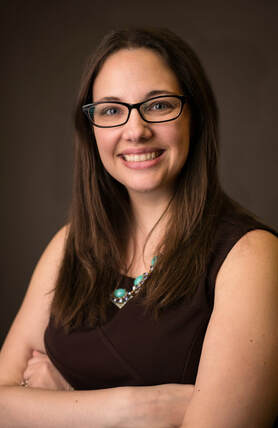 Listen to the episode by clicking the link to your preferred podcast platform below: Dr. Stephanie Ryan is a chemist with a Ph.D. in Learning Sciences and M.S. and B.S. in Chemistry. She enjoys creating superior educational products and content using her background in science. Although an academic at heart, Dr. Stephanie is passionate about learning through play. She is the owner of Ryan Education Consulting LLC as well as a mother and active “Instagrammer”. When it comes to learning all about science, Dr. Ryan has a great method for getting free resources. The first is her new blog she created where parents and teachers can pick from a wide range of topics to learn about. She also finds free worksheets and lessons on Teachers Pay Teachers and shares those links with her community. Everyone Uses Science Dr. Ryan truly believes that anyone can be a scientist if they are not kept from it. Because we have a school system where prejudice and bias exist, often, only certain students get encouraged to study in the STEM field. Science should be a right for everyone because it has such an important role in our everyday life. Science connects people to the world around them. When we learn about biology, we understand the different life forms that make up habitats and ecosystems. In botany or ecology we figure out what plants need and what impacts the earth. Not to mention, we have come so far as a society because of chemistry. Playing with energy and experimenting has given us many of our modern luxuries. To summarize, everyday we rely on science in some type of way. Science can also help us understand problems and solutions. Our species has carried a reputation for negatively changing the climate. The temperature of Earth is rising, more animals than ever before are hunted to extinction, our rivers are polluted, fires burn out of control, the list goes on...These are big problems, but thanks to researchers and scientists, we don’t have to give up yet. There are many ways we can avoid contributing to the roots of these issues. The mindset shifts that are needed to make science accessible to everyone is to stop overthinking how you’re going to teach science. Let it be easy. All students need to do is look around them. “I needed to take a step back and not be so academic about it—not like create bullet points for the things [my son] needs to know, but more like let’s let him explore his world and learn.” Tackling Mindset Shifts to Teaching Science Dr. Ryan explains that the pandemic basically necessitated a simple approach to science projects. Doing class from home meant that teachers had to really think about what materials everyone had access to in their home. None of it was complex, and that’s a trend she hopes will continue. Another thing that can help students not be intimidated by science is to spend more time talking about the “how” and “why” behind the “what”. Explaining things through a bunch of definitions and formulas is not the easiest way for students to be able to grasp those concepts. So a shift in curriculum and in teaching this subject can be great for overcoming mental barriers. Failure Is Part of the Process If we want to see these dreams become possible for everyone, we have to be willing to let our kids fail. This is certainly related to science and the natural tendency children have to experiment. When they don’t know the way to do something, they may not get it right at first. But eventually, through trial and error, through questioning, reasoning, and paying attention, they will get it. This is a much more rewarding experience than just handing them answers to the unknown. This is something we can model for students too because often, there are things we don’t have the answer to. And even though it is so easy to just look it up in a matter of seconds, it’s going to do much more for your own growth if you use your own brain and science skills to figure it out. This just goes to show that no matter what age you are, you never stop learning! Thanks for reading! Continue the conversation below in the comment section and join our community of educational visionaries on Instagram, LinkedIn, and Facebook. Until next time leaders, continue to think big, act brave, and be your best self.
0 Comments
Listen to the episode by clicking the link to your preferred podcast platform below: I’m thrilled to announce that today my guests are two of my former students—Eliel and Rachel. In this discussion, they talk about their high school experiences as well as how things shifted in college. Imagining What School Could Be When I asked each of them what their dream for school is, Eliel responded by saying he wishes school would be a space where students could gain skills that would be useful for them in the real world. Although Math, Science, and English are important, there are so many more subjects that students never have the chance to explore such as learning about cryptocurrency, investing, and culinary skills. It makes him wonder, why can’t we expand student choice in that way? In Rachel’s opinion, a great school experience is one where there is a student-centered curriculum and enough materials in each class to make learning fun and rewarding. Having an advisor or counselor that can assist students with questions or issues is also something she’d like to see. It’s a great point because having systems in place to support students will mean all students, families, and members of the school would rally together to find solutions that work. In terms of creating a more personalized learning experience, Eliel imagines that teachers can make this happen by inviting more guest speakers who are experts in niche areas that interest students. For instance, if some students want to hear about what is needed to become a nutritionist, there could be a nutritionist coming to speak to students and answer their questions. Many schools have after-school programs. Creating special after-school programs where kids can learn to play an instrument or language or anything else is a big possibility as well. Pay Attention to Students' Interests & Partner With Them The idea of partnering with students still gets judged as radical but there is a growing number of schools that see the value in trying it. Students are far more likely to participate in the projects, lessons, and discussions when they have a say in how the rules and systems are constructed. Eliel can personally speak to this as someone who used to be in student government. In the past, when he and his group would have meetings with school staff, adult efforts to collaborate and not dismiss student ideas stood out to him. Rachel shared that teachers don’t have to worry about trying to pick the perfect lessons for students, just ask students what they’re interested in. Take the guess work out. In high school, she said it was easier to talk directly with the instructor but in college, there was less direct communication. For this reason, it’s a good idea to have assistants and tutors that can help students 1 on 1 if teachers have limited availability. “I would like for people to remember that when students go to school, they face so many difficulties and changes they have to go through. Some students may not have the same privileges as other students...So for me, I believe that schools have to create the systems that will benefit all students so that nobody will be left out.” Moving forward, the first step school leaders should take is really getting to know their students by listening more. Let students take the stage and see how much you can learn from them. From there, work with students to increase equity and introduce new policies that bring a wonderful educational experience to all. Thanks for reading! Continue the conversation below in the comment section and join our community of educational visionaries on Instagram, LinkedIn, and Facebook. Until next time leaders, continue to think big, act brave, and be your best self. 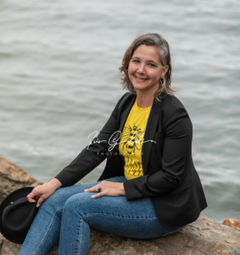 Listen to the episode by clicking the link to your preferred podcast platform below: Dr. Megan Sweet is a single mom who has been in education for more than 25 years as a teacher, school administrator, and school district leader. She co-hosts The Mindful Schools Podcast and The Awakening Educator Podcast, and recently authored “An Educator’s Guide For Using Your 3 Eyes”. According to Dr. Megan Sweet, the big dream in the field of education is to have schools that are more inclusive and empowering to students. Currently in the U.S. there’s a lot of systemic racism and low access to opportunities for students. This is a direct reflection of what’s happening in the rest of the world. In addition, white supremacy convinces teachers and school leaders that they must be constantly in work mode. But if educators and students share their stories with others, then there can be a movement of bringing awareness to these issues and inspiring change. Teachers Deserve Much More What Dr. Sweet sees in this country is that educators are not of high importance or not a priority to the authorities in society. She says this is evident from the lack of respect, the low pay, not giving them a voice at the table, and other factors. Teachers are the backbone of a well functioning community. So when they suffer, you will see the ripple effects. But when all teachers are heard, respected, and given enough resources to shine, the whole system of education will blossom. So how do we make this happen? Dr. Sweet believes in the idea of doing inner work as well as making changes on a school-level. First, we have to be able to uproot our own ingrained beliefs, biases, and privileges and ensure that we are not passing those on to our students. Taking better care of our needs and wellbeing is the next step since we can’t pour from an empty cup. As humans, we are wired to pick up moods, body language, and other cues. If you are teaching from a state of being stressed out, everyone in class will feel that. The environment no longer feels safe and it’s much harder for their minds to focus on learning. Another thing that can trigger this effect is when a student feels excluded or “othered”. When it’s all laid out, it’s quite clear that focusing on what you can work on within yourself actually does affect those around you. Once we are successful in that phase, we can work with others to take on those larger scale issues. This is not to say that teachers aren’t doing enough already. There is so much great work that goes into our day to day roles. Following these tips aren’t meant to add more to our plates. In fact, it’s shown that these things can set us up for more rest and more time. Get Back to Self Care Dr. Sweet recommends filling this extra time with something that does not feel like work to you. Get back to doing activities you love without the guilt. When we do things that bring us joy, we don’t resent our work because it’s no longer “preventing” us from these activities. In addition, it’s simple to connect back to your breathing in the busiest times of the day. Tapping into that mindfulness is so helpful for self-regulation. When you’ve reached the end of the work day, remind yourself to step away. Leave the work at work and come back to it at another time. These are all centered around self care and why it’s so important. Self care is a habit many of us have fallen out of and it’s time we jump back in with eagerness. “We need to actually be unapologetic about leaving work at work. There’s always going to be work to do. It never stops. So learning to step away and learning to unplug, disconnect, and have our own lives...it’s fundamental.” Unlearning What We've Been Told Dr. Sweet recalls how a few years ago, a school district was having their welcome event for the start of school. At the event, two principals shared their strategies on how they create highly effective school teams. One of the principals stated that they would intentionally not consider hiring any teachers who prioritized taking care of themselves and having boundaries in place. Indeed, this is an outrageous remark. But the reaction was just as surprising. All the other school leaders broke out in applause after hearing this. Unfortunately, this is further evidence that we are taught that our own wants, needs, feelings come last if we want to be a teacher. But this should not have to be the norm. It’s heartbreaking to see teachers and faculty overworking themselves to exhaustion just to prove their worth. Therefore, it’s important that we talk about what school leaders can do for teachers and faculty so that they don’t get pushed into this unhealthy zone. It’s critical you as a principal or leader unlearn that belief that was ingrained so that you can stop the cycle. Then model that behavior for teachers and encourage them to take those breaks and streamline processes. Over time, you’ll find that teachers become even more efficient and productive once they are more satisfied and taken care of. Thanks for reading! Continue the conversation below in the comment section and join our community of educational visionaries on Instagram, LinkedIn, and Facebook. Until next time leaders, continue to think big, act brave, and be your best self. Listen to the episode by clicking the link to your preferred podcast platform below: Do You Tell Kids the Whole Truth? We all tend to use a different “filter” when speaking to kids versus adults. When you were young, you probably remember adults sugarcoating topics for you too. In a way, it makes sense because children and young teens are still developing their emotional regulation capacity. Many people want to keep children protected from having to deal with the kind of fear, worry, and loss of innocence that they deal with. The problem is, it can be hard to reach consensus on how much information we should share. Why We Shouldn't Keep Students in the Dark I believe that avoiding hard topics at all costs is not the way to go. Refusing to acknowledge traumatic events and topics does not give your student a chance to understand why and how such things could occur. It’s important to emphasize the fact that students can easily pick up on cues when something is wrong. Research shows that by age 2-4, children are already aware of social constructs and internalizing bias around identities like race and gender. “If we avoid it, there is this inherent thing that students will pick up, which is saying that something is wrong with people who deviate from the mythical norm—this idea of a white cisgendered male who is heterosexual, who is Christian, who is middle-upper class, etc.” Knowing that, you can be the one to help students navigate conversations that bring up all these emotions like fear or anger or sadness. Does that make you nervous? Even as an adult, you may still experience all the same emotions and uncertainty. I know I do. Many issues today do not have clear answers and there is still so much progress to be made. Despite this, we will march forward because justice requires us to commit and show up as best we can. In order to do the work well, I suggest you create some space in your class time that you use to foster better relationships with students. Making eye contact, asking questions, being willing to learn about another culture—these are all things within your power. We Won't Let Discomfort Get in the Way Secondly, I’ve seen discomfort hold back white teachers and principals from engaging in these talks. Bringing up these topics as a white person can feel very uncomfortable because we either don’t want to be labeled as “racist” or “biased” or we don’t want to face the guilt that comes up from facing our own privileges and roles in these systems of oppression. If I’m being completely honest, it’s inevitable that you will get it wrong. You may not correct a "microaggression," you may say something that causes harm, you may forget to give students a voice in something. And it will be okay as long as you are willing to own up to them and continue to learn from these mistakes. You don’t need perfection in this work, you want progress. “We want to be mindful when we invite students to talk about things, that can be traumatic for them or that are based in historical trauma, that that can be harmful. It can be if not done well...But what we want to talk about today is: How do we move forward with this work, enabling us to have these conversations in a way that is generative, perhaps even healing, and not increasing trauma for students?” When Sharif El-Mekki read an article written by a white educator that posed the question “Are white teachers still welcome in non-white charter schools?” He decided to respond with his own article which said “Yes, anti-racist ones and those striving to be anti-racist. The only prerequisites: they must understand, contrary to what some insist, that we do not live in a post-racial society, they must be able to handle candid feedback, even about their colorblindness and racism.” El-Mekki also brilliantly pointed out the false dichotomy in the article that claimed you can either be an effective teacher or an anti-racist one. In reality, you need to be practicing anti-racism to be an effective teacher (and leader). Traumatic topics need to be addressed using an approach that supports students. When opening up these topics for discussion, allow emotions to come up without censoring them. Allow personal experiences to be shared. Validate students’ identities. Students who may not directly relate to that topic can talk about what they can do to support students who have experienced this trauma. If all of this feels like a lot, don’t worry, you will improve over time. By committing to anti-racist practice and taking informed risks (e.g., starting these important conversations), you’re going to see so many benefits in your students, their achievements, and your own personal development. Continue the conversation below in the comment section and join our community of educational visionaries on Instagram, LinkedIn, and Facebook. Until next time leaders, continue to think big, act brave, and be your best self. |
Details
For transcripts of episodes (and the option to search for terms in transcripts), click here!
Time for Teachership is now a proud member of the...AuthorLindsay Lyons (she/her) is an educational justice coach who works with teachers and school leaders to inspire educational innovation for racial and gender justice, design curricula grounded in student voice, and build capacity for shared leadership. Lindsay taught in NYC public schools, holds a PhD in Leadership and Change, and is the founder of the educational blog and podcast, Time for Teachership. Archives
May 2024
Categories |
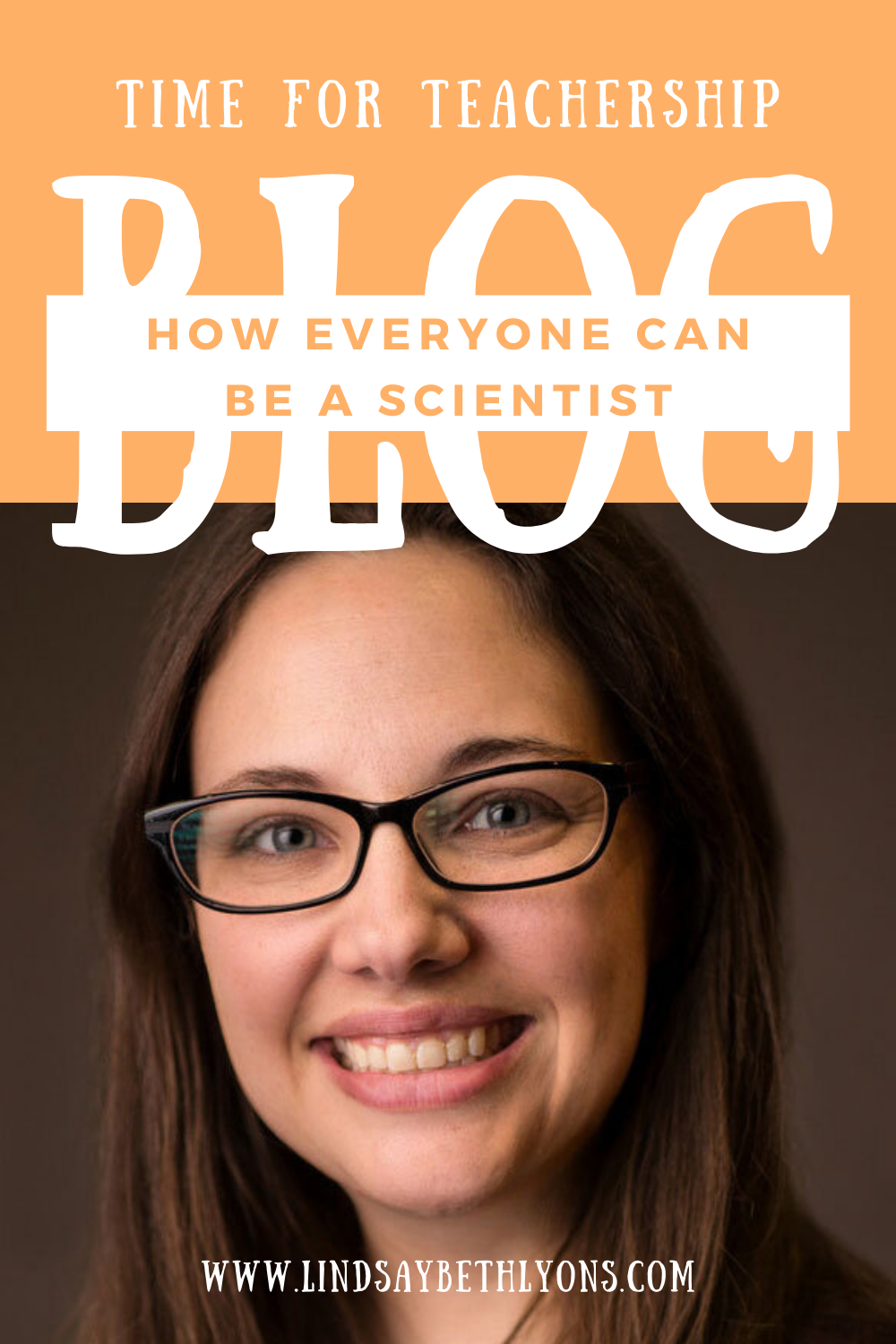
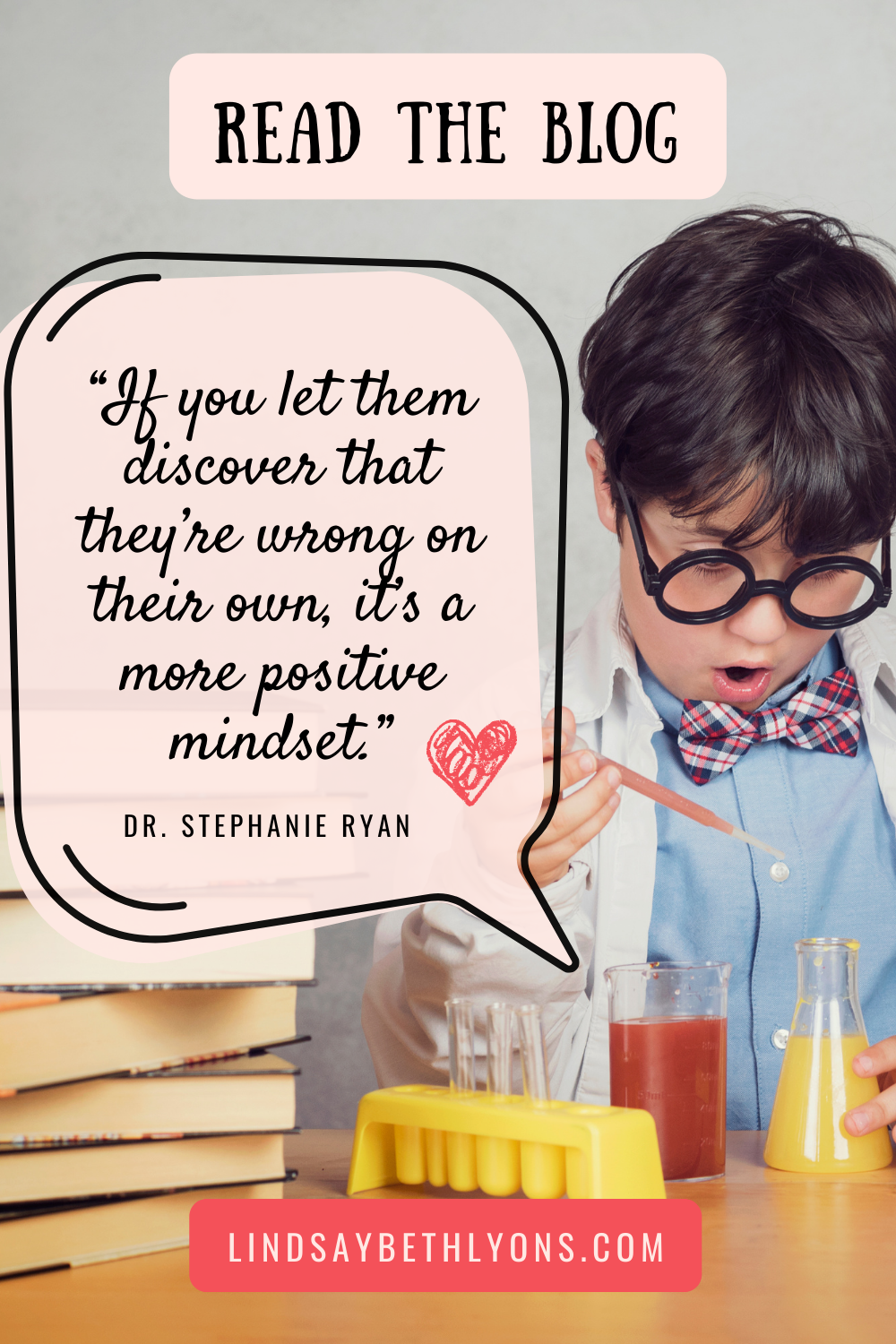
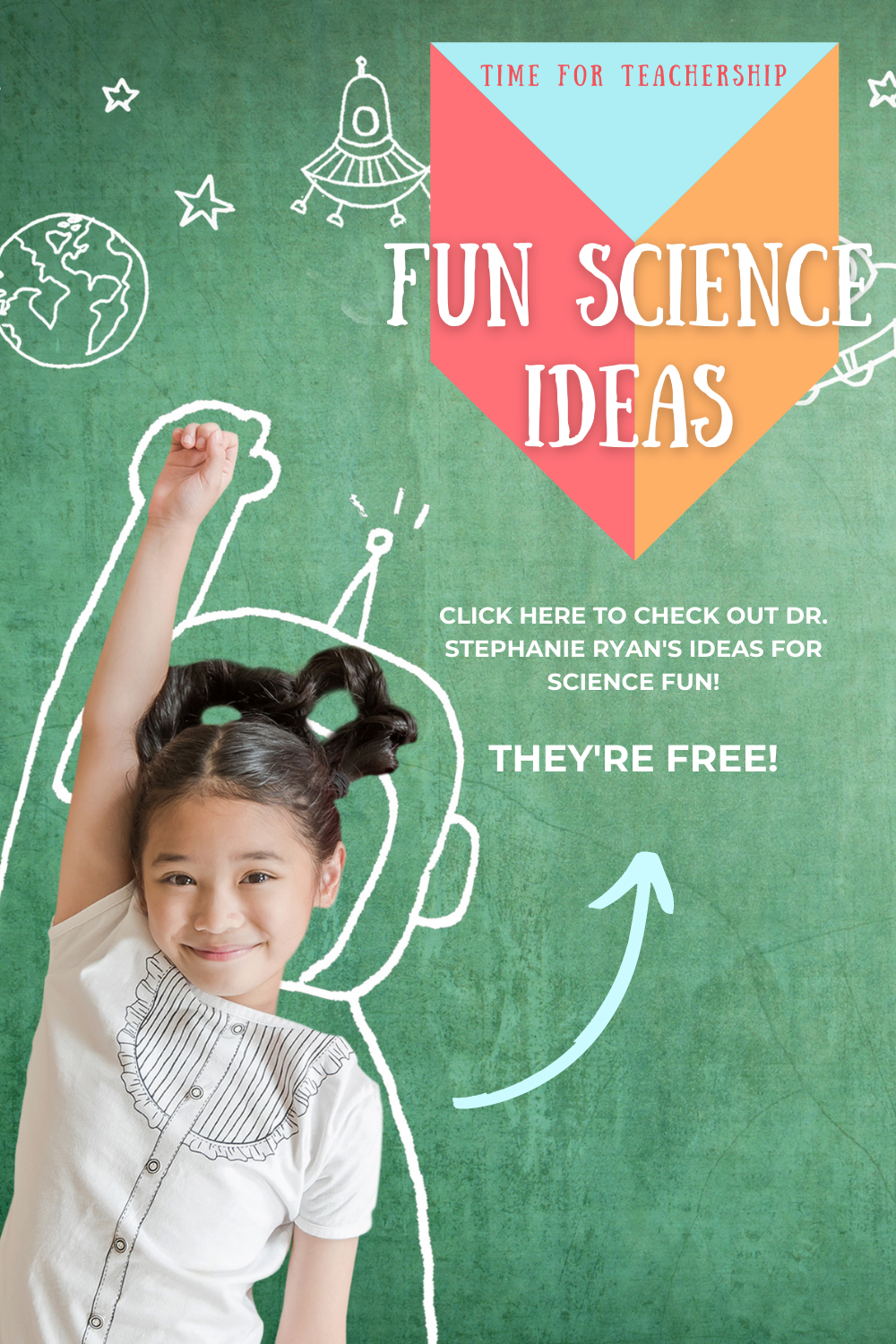
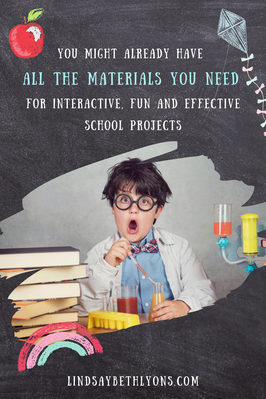
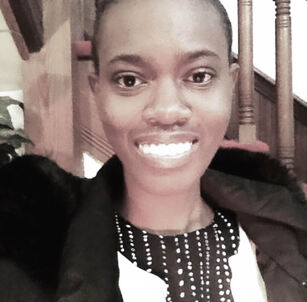
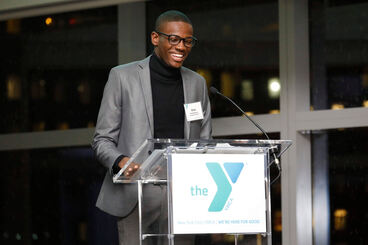
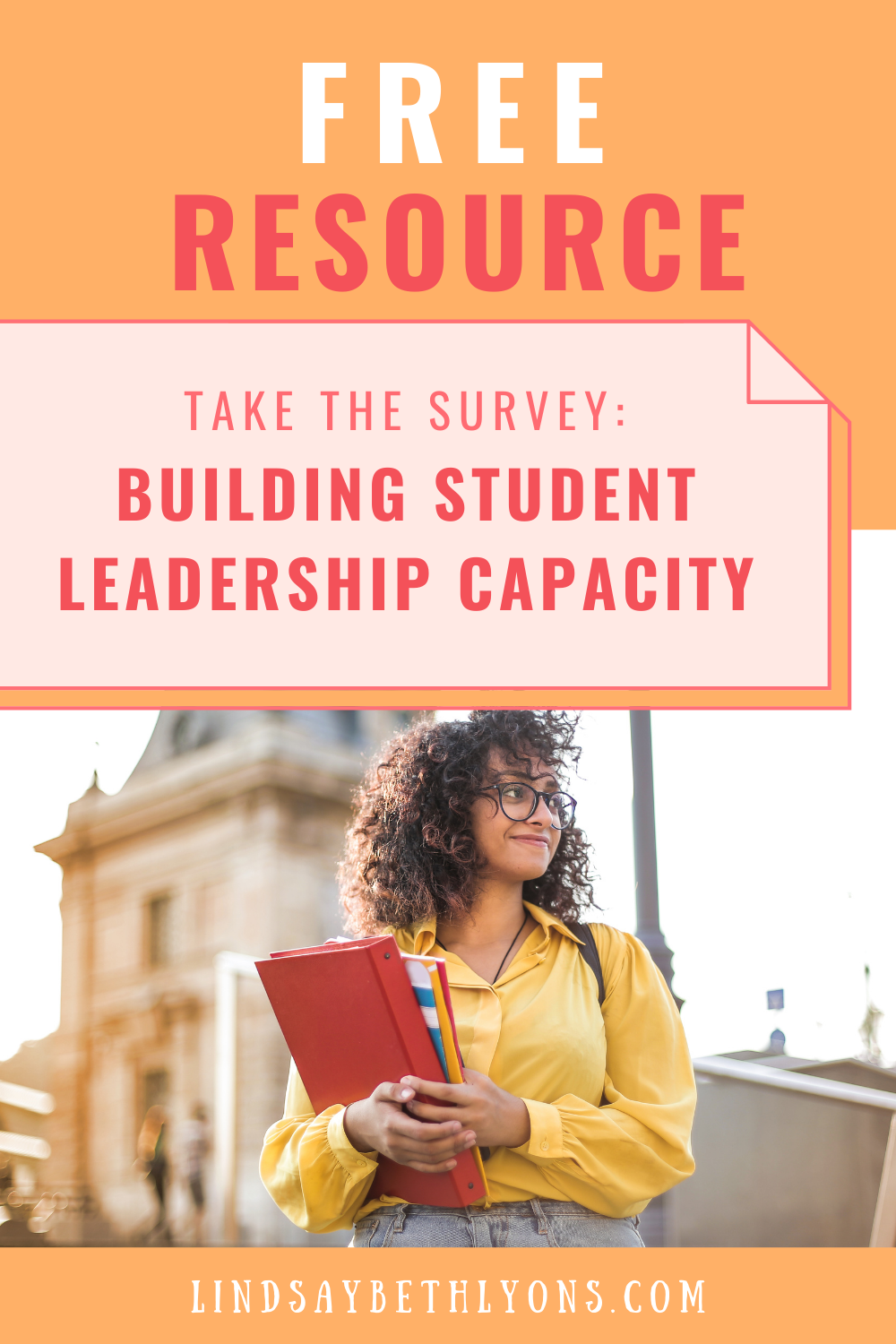
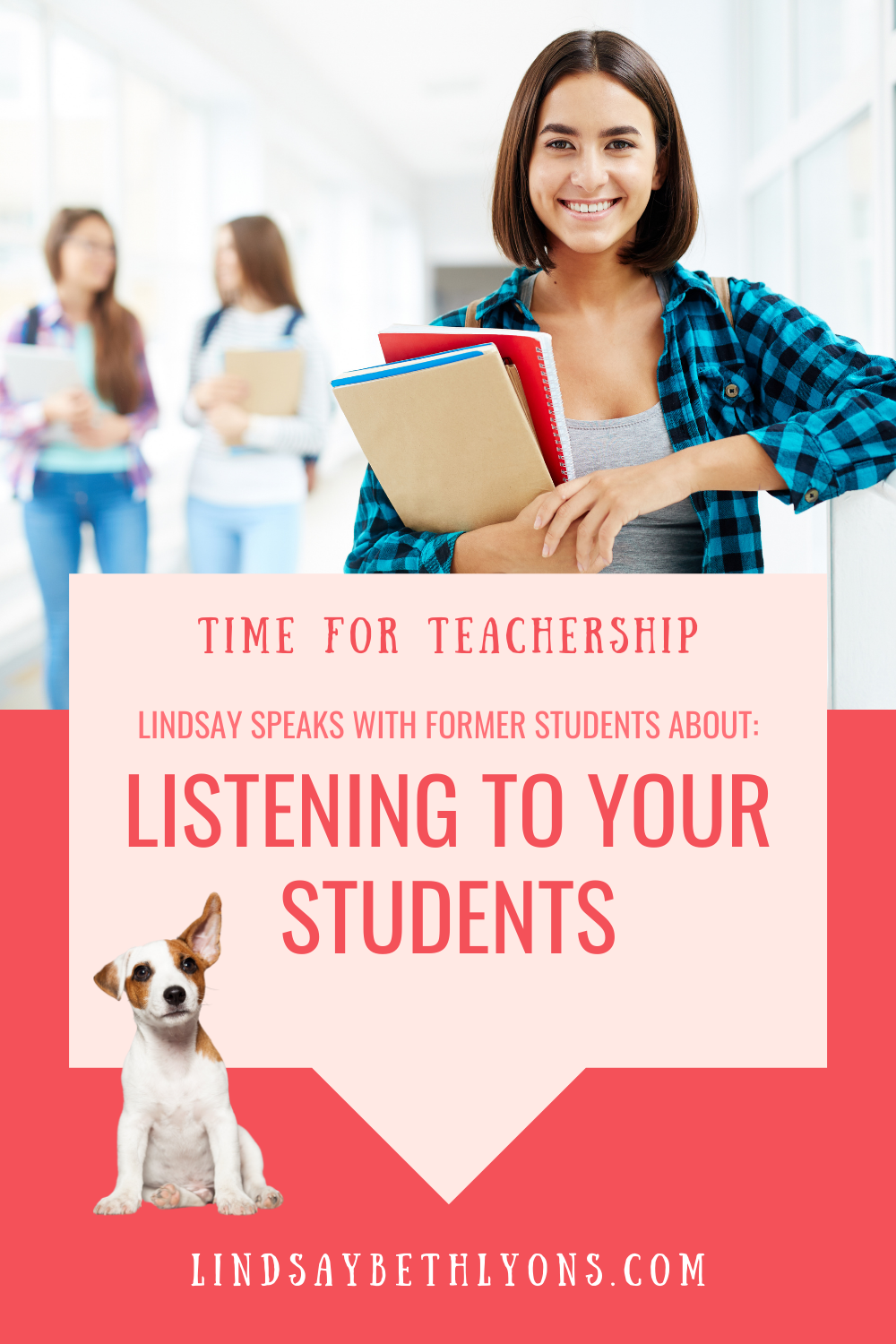
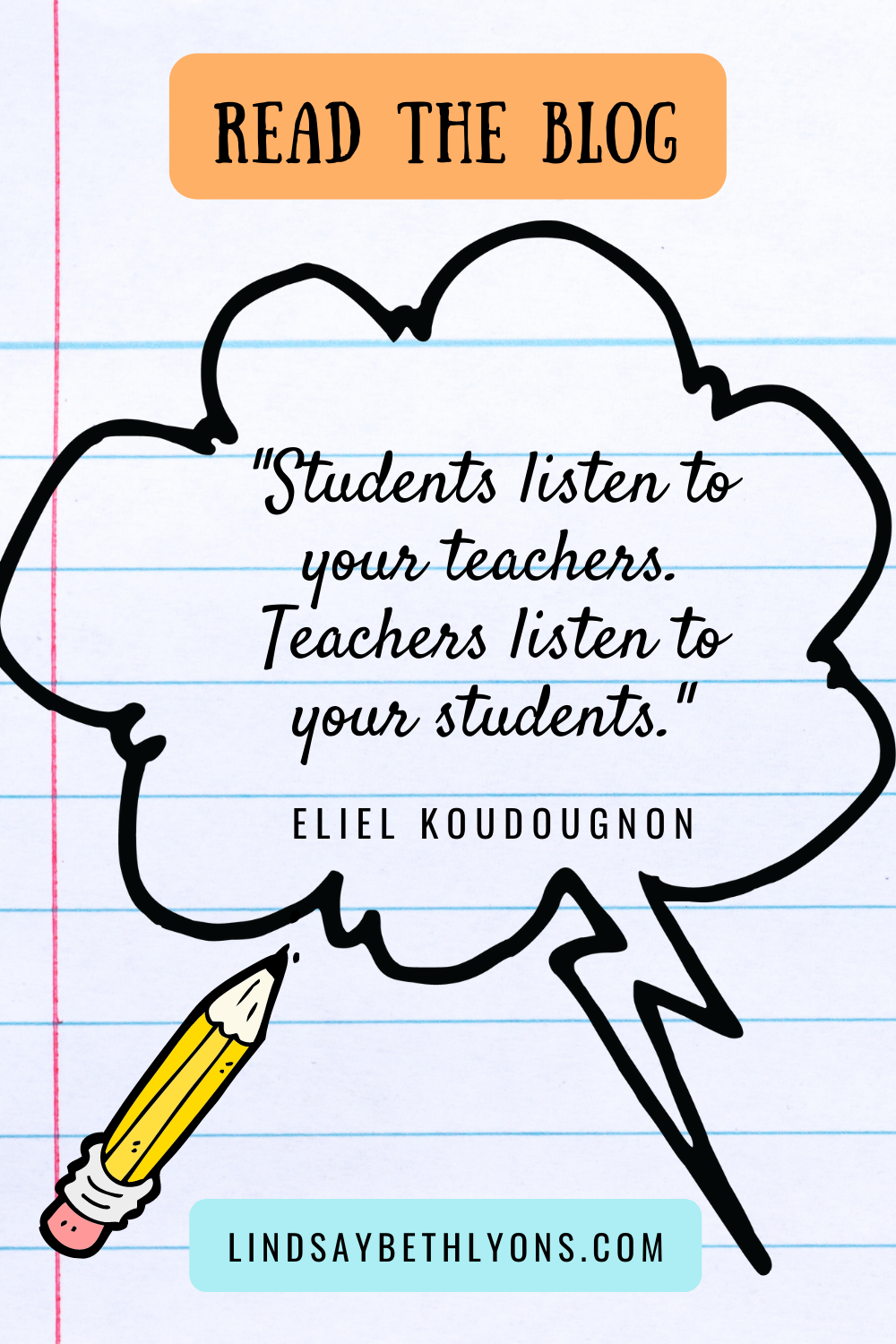
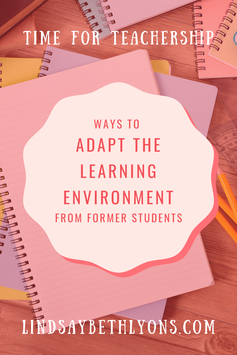
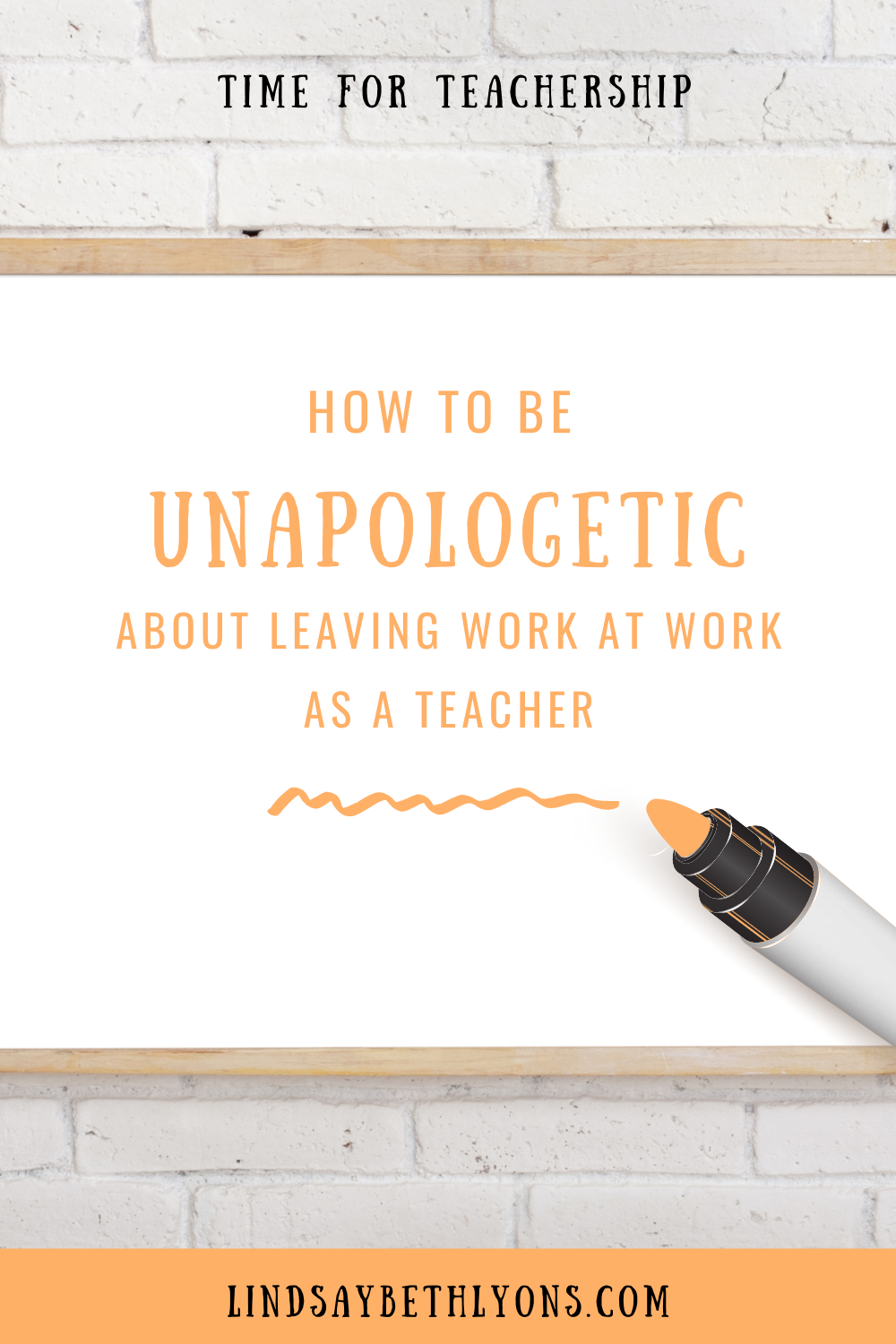
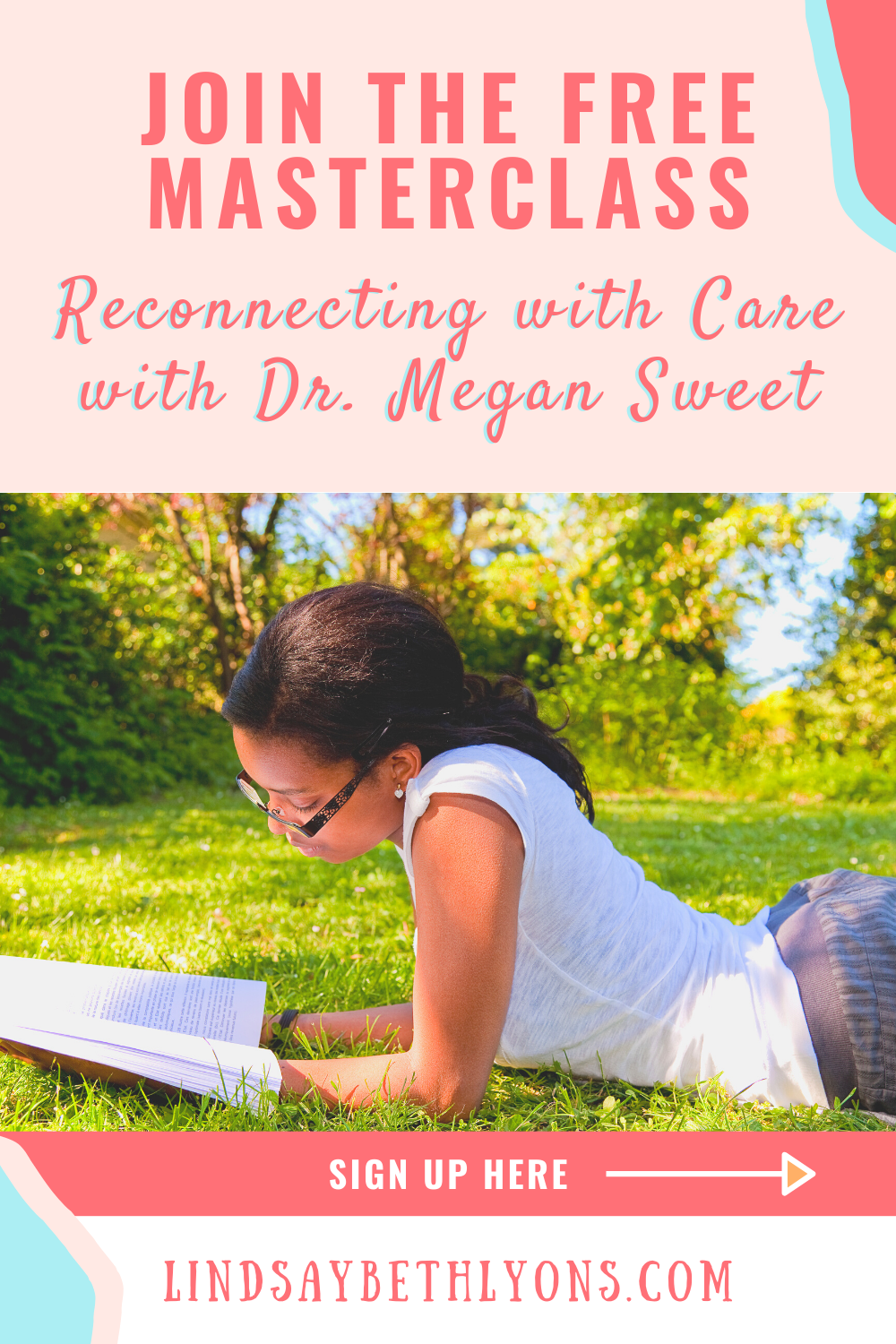
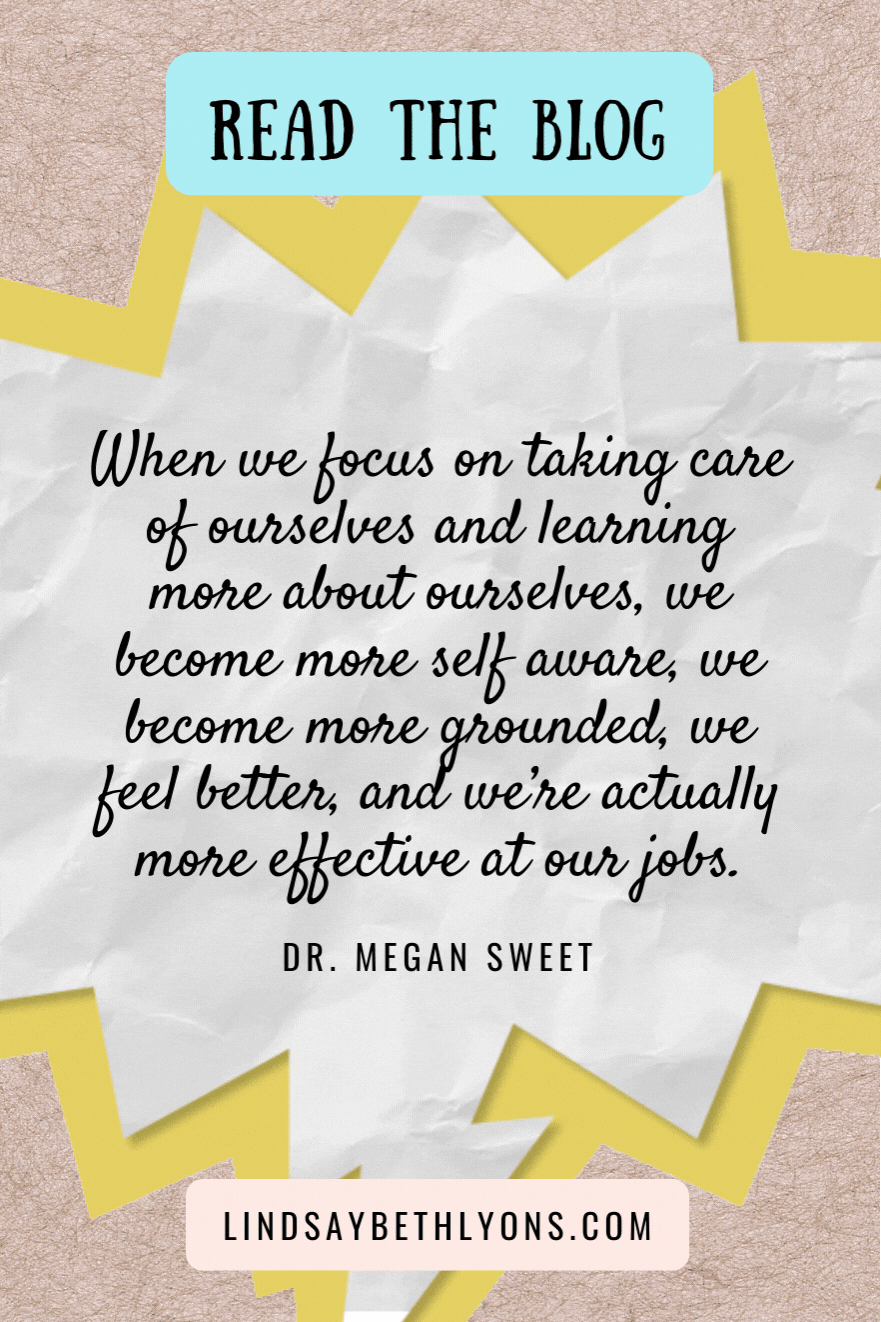
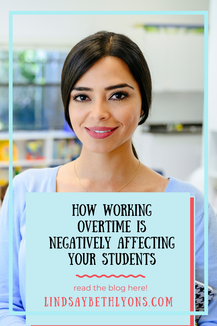
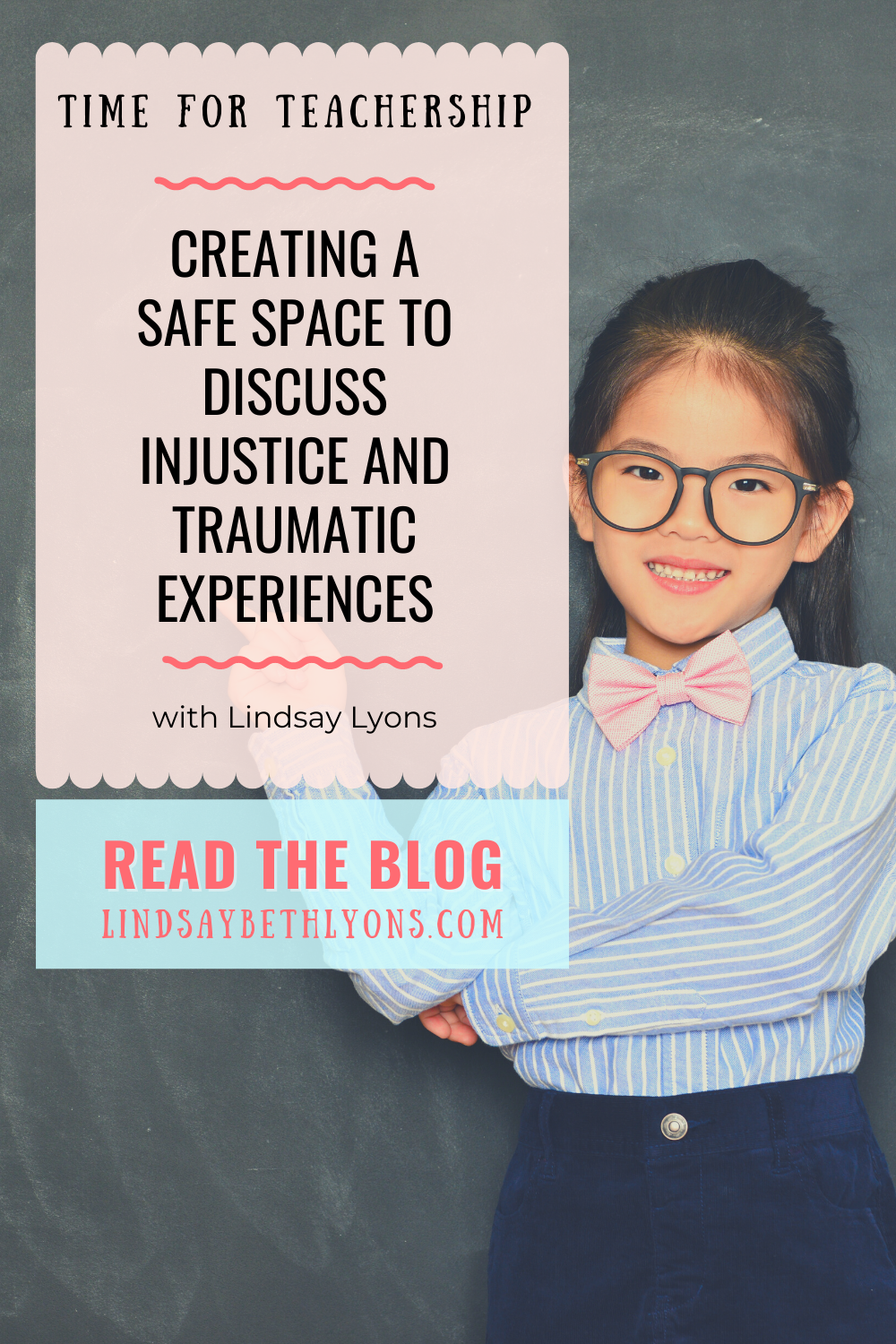
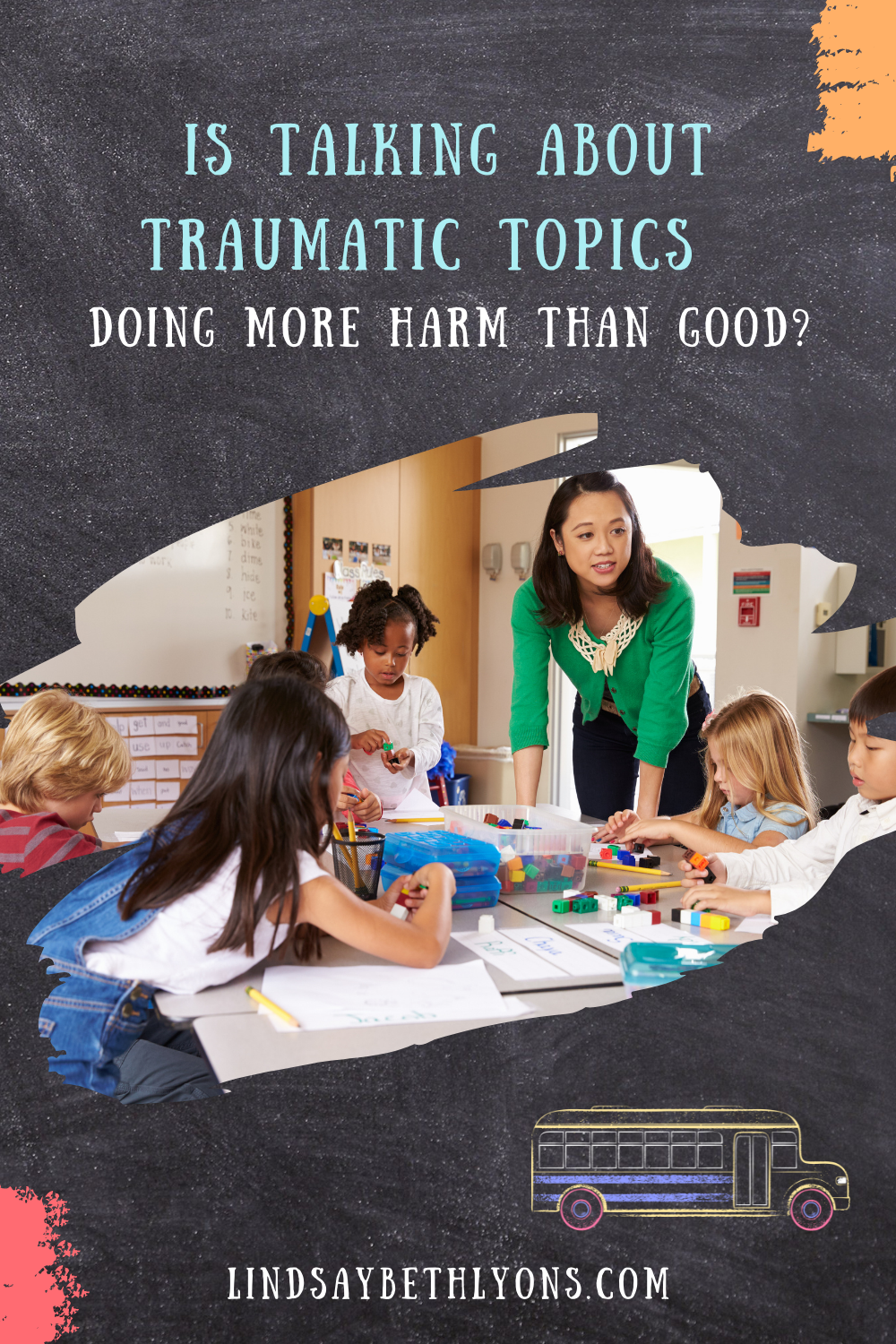
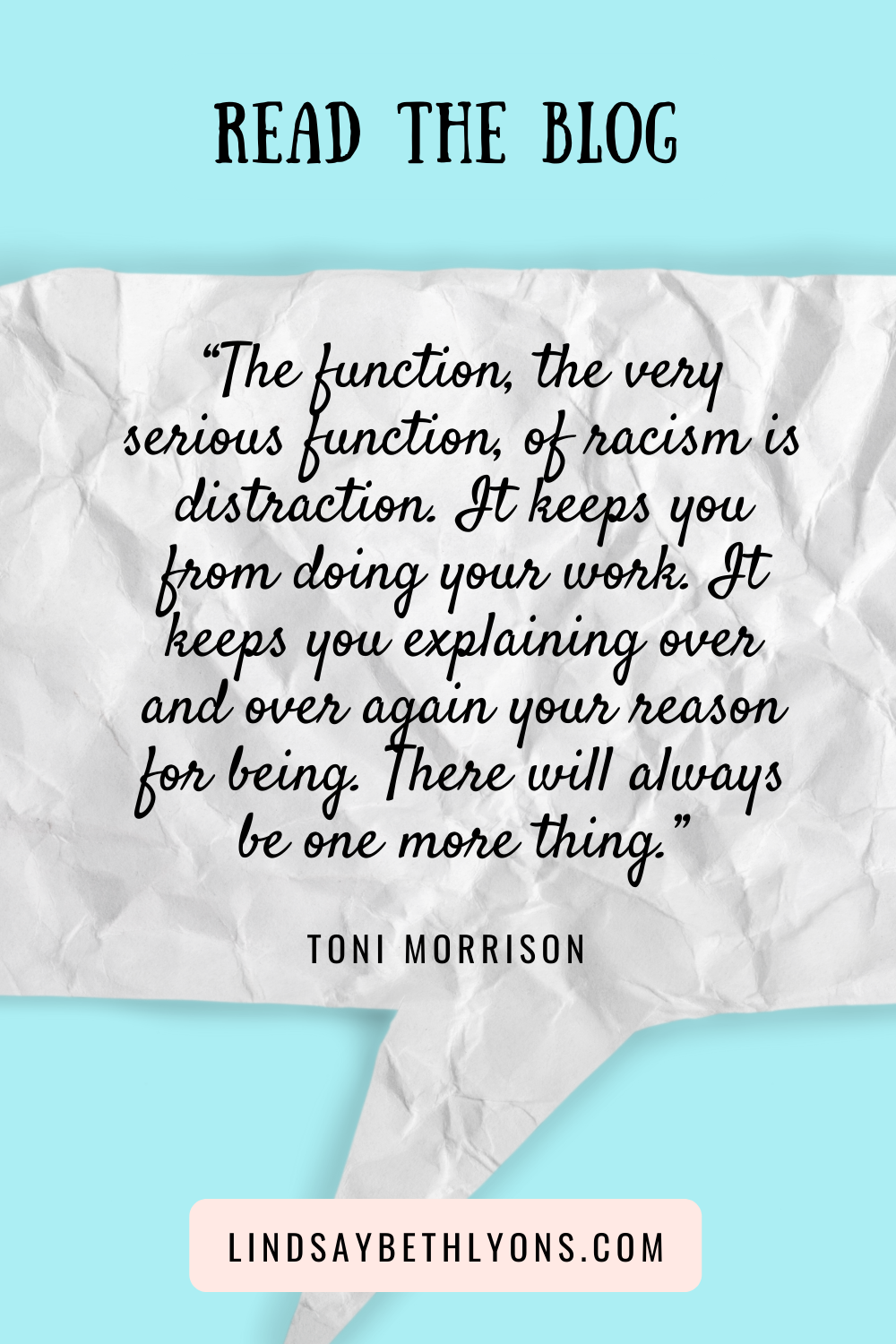
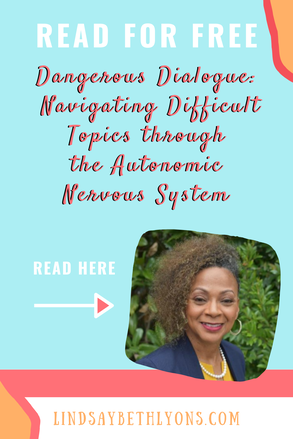

 RSS Feed
RSS Feed